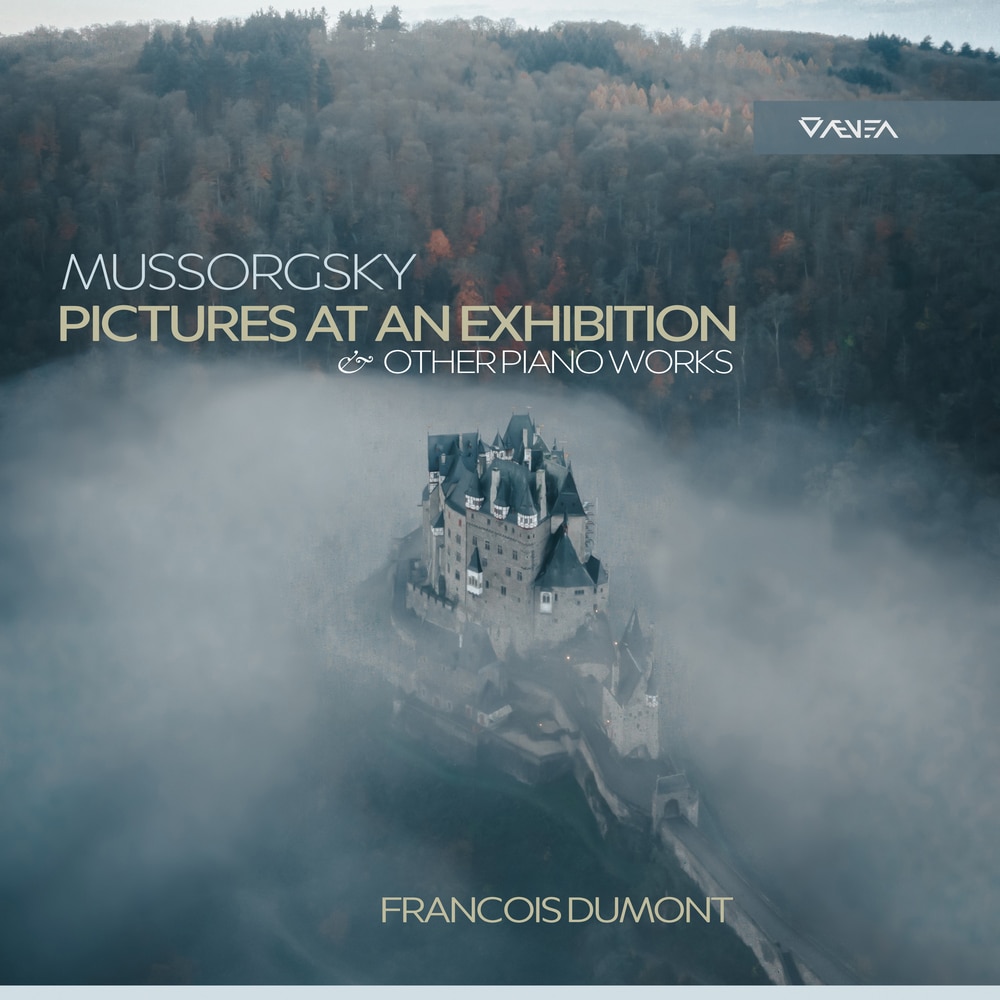
Of all the human body’s processes, crying has to be one of the weirdest. It is extremely bizarre that our body finds it necessary to flood our eyes with liquid when we lose a loved one, or bash a shin on a coffee table, or watch good sportsmanship videos. (I might be alone on that last one, but I’m comfortable with it.)
Science has pretty good explanations for some types of crying. The type of crying that happens when there’s something in your eye has a clear function – to remove the unwanted bit of dust. They’re known as “reflex tears”, and they’re part of a system that includes your eyelashes and keeps your eyes clean and working.
Another term, “basal tears”, refers to the normal, day-to-day flow of liquid that maintains a base level of protection for your eye. But thanks to our eyes’ built-in drainage system, these tears don’t usually overflow, so they don’t really help answer the question of why we cry.
But it’s the third type – “psychic tears” – that are a bit mysterious. These are tears caused by emotional pain. Aside from some semi-convincing educated guesses about the social benefits of crying (as in, we cry because it shows those around us we need help, and is therefore a hardwired part of us as social animals) it seems that we don’t really know why it happens.
It might be that crying is our body’s way of feeling better. And I don’t just mean this figuratively: psychic tears seem to contain a natural painkiller called Leuenkephalin in much greater amounts than other kinds of tears.
To state the obvious: our bodies work in ways that we can’t understand without years of research, and even then our understanding is often still incomplete. Our bodies are incredible things. Strange things. Beautiful things.
It’s enough to make you want to cry.
What makes this a beautiful song:
1. The title, meaning “a teardrop,” is reflected in the music, and not only because it is a generally sad-sounding piece. The descending notes in the main melodic line are like a single tear making its way down a cheek.
2. It switches from major to minor several times, often within the same phrase.
3. This was one of the last pieces Mussorgsky wrote. His life was crumbling around him; his old group of friends had disbanded, he drank far too much…a heartbreaking soundtrack to the final period of his life, and worth shedding a tear over.
Recommended listening activity:
Putting a tissue in your pocket, just in case.